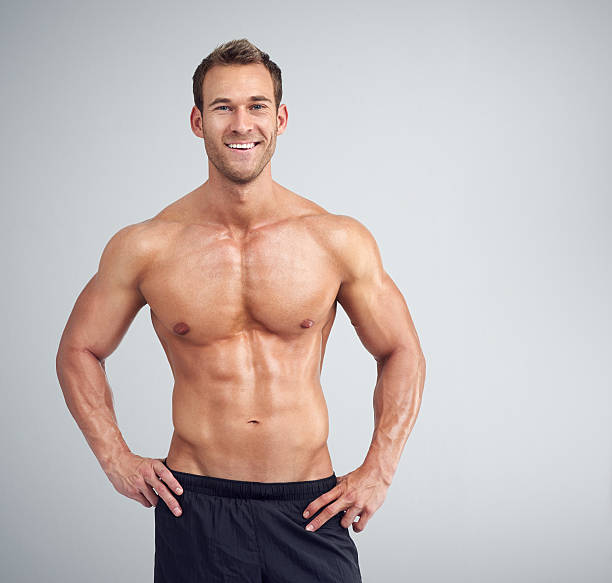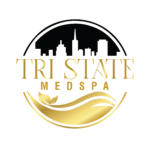TRT

TRT Service
Testosterone is a hormone produced primarily in the testicles. Testosterone helps maintain men’s:
- Bone density
- Fat distribution
- Muscle strength and mass
- Facial and body hair
- Red blood cell production
- Sex drive
- Sperm production
Does a naturally declining testosterone level cause the signs and symptoms of aging?
Not necessarily. Men can have many signs and symptoms as they age. Some that might occur as a result of lower testosterone levels can include:
- Changes in sexual function. This might include reduced sexual desire, fewer spontaneous erections — such as during sleep — and infertility.
- Physical changes. Various physical changes are possible, including increased body fat, reduced muscle bulk and strength, and decreased bone density. Swollen or tender breasts (gynecomastia) and body hair loss are possible. You might have less energy than you used to.
- Emotional changes. Low testosterone can contribute to a decrease in motivation or self-confidence. You might feel sad or depressed, or have trouble concentrating or remembering things.
Some of these signs and symptoms can be caused by other factors, including medication side effects, obstructive sleep apnea, thyroid problems, diabetes and depression. It’s also possible that these conditions cause low testosterone levels, so treatment might result in increase of testosterone levels.
A blood test is used to diagnose a low testosterone level.
Can testosterone therapy promote youth and vitality?
Testosterone therapy can help reverse the effects of hypogonadism, but it’s unclear whether testosterone therapy would benefit older men who are otherwise healthy.
Although some men believe they feel younger and more vigorous if they take testosterone medications, there’s little evidence to support the use of testosterone in otherwise healthy men. Guidelines from the American College of Physicians indicate that testosterone therapy might improve sexual function somewhat in some men, but there’s little evidence that it improves other functions, such as vitality and energy.
